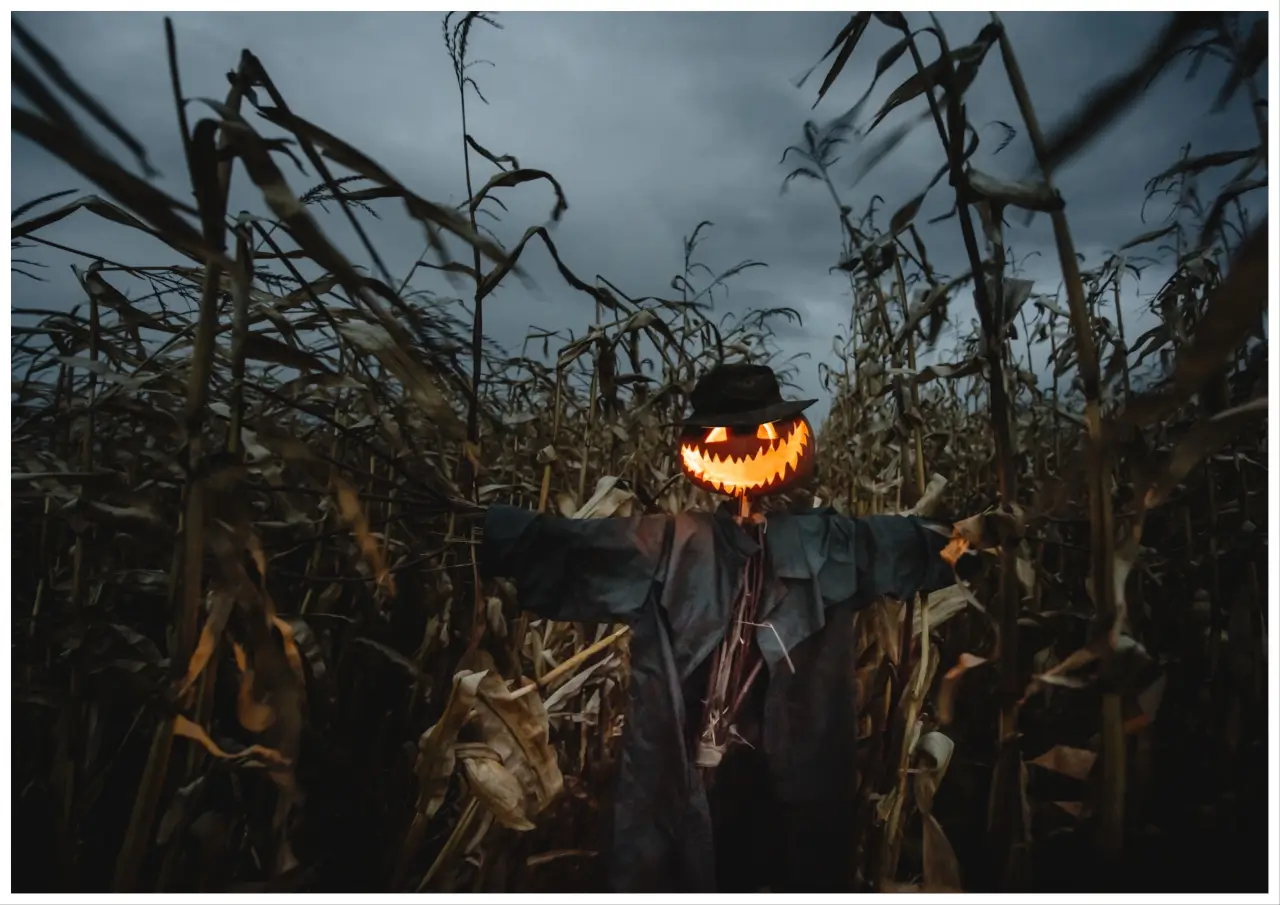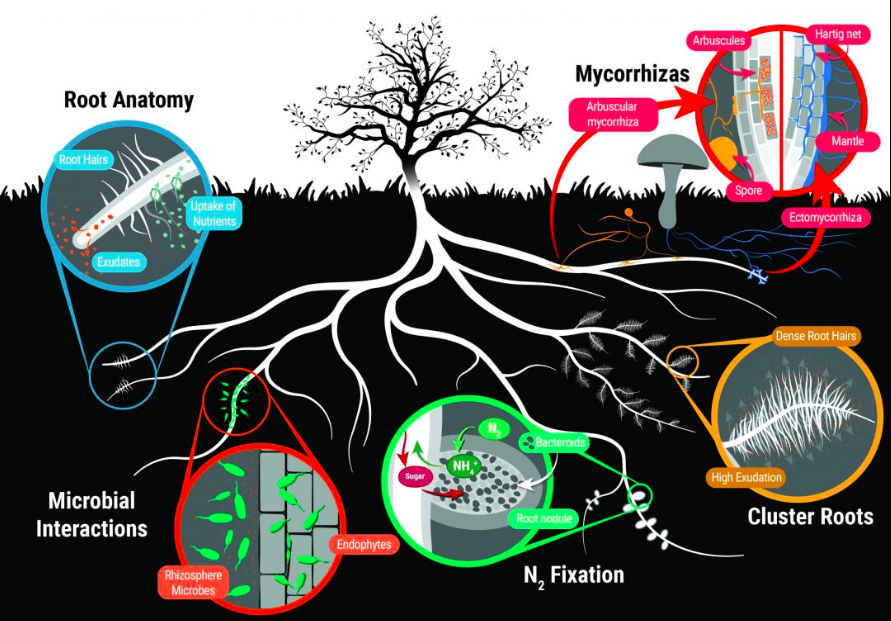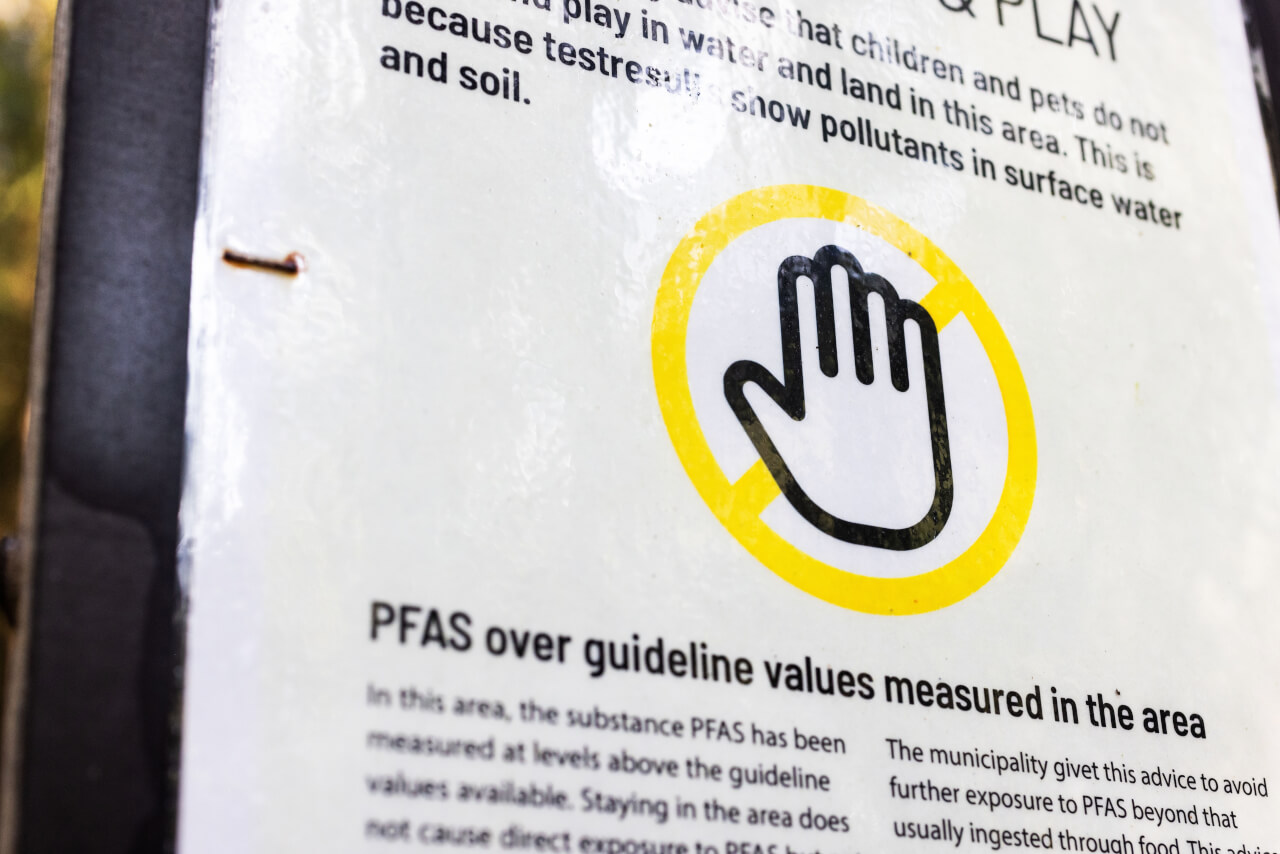[ad_1]
When two younger members of a farming neighborhood in North Carolina fell in love, there was nothing stopping them—besides the generations-old blood feud between their households. When their elopement plans had been foiled, ensuing within the loss of life of her betrothed, the left-behind younger lady took to the woods close to the farm, perpetually haunting the neighborhood, and particularly, the farm she as soon as known as house.
That is the story that visitors at one haunted farm are instructed after they go to throughout the Halloween season. One other haunted farm attraction in Alabama guarantees to convey you nearer to the “creatures and killers” of the farm. One other, in South Carolina, invitations you to its “desolate farm” the place the inhabitants are hoping “to make you this 12 months’s harvest!”
Haunted farm sights should not homogenous—some are actual working farms that incorporate haunted sights into their seasonal choices as a approach to complement farm income and join with the neighborhood.
Different haunted farm sights aren’t farms in any respect however haunted home companies that use the thought of a haunted farm to encourage terror. The recognition of this idea is greater than a enjoyable seasonal exercise, although. It additionally engages with longstanding narratives about rurality, performing them for a fearful viewers.
Haunted homes and cultivating screams
Rising up a theater child, it wasn’t arduous for Betty Aquino to fall in love with farm haunted homes. After school, she discovered herself working for a haunted home attraction on a farm as a make-up artist. Aquino went on to do her graduate work at George Mason College and accomplished her thesis work on how haunted home sights on farms depend on rural tropes that may be each empowering and problematic.
For small farms that face pressures from massive agriculture and excessive land costs, utilizing issues similar to haunted home sights to complement revenue is a approach to adapt. However, in some instances, to make it work, haunted farmhouses typically depend on the stereotypes of the agricultural “different”—the concept that no matter occurs on a farm after darkish is horrifying and unknown.
Haunted homes are extra story pushed than different farm sights similar to corn mazes or pumpkin selecting, typically counting on a pre-constructed narrative. Capitalism is a driving pressure in these narratives, says Aquino, informing depictions of gender, race and sophistication and infrequently referencing a neighborhood’s personal trauma. In a single farm hang-out she visited in Michigan, Aquino felt that what she noticed was consultant of the auto business’s historical past within the state. The villain within the story involves the city and guarantees jobs, solely to make use of darkish magic in opposition to the city as a substitute.
“One among their haunts has this narrative of a city that has misplaced its business,” says Aquino. “And it’s primarily this ghost city that’s very a lot a mirror of many cities in Michigan.”
The “ghost city” narrative was one Aquino noticed quite a bit throughout her subject analysis—as was “hillbilly horror.”
“I feel these narratives are very reflective of their near-death experiences as farms,” says Aquino. “They usually’ve needed to pivot and rebuild their companies.”
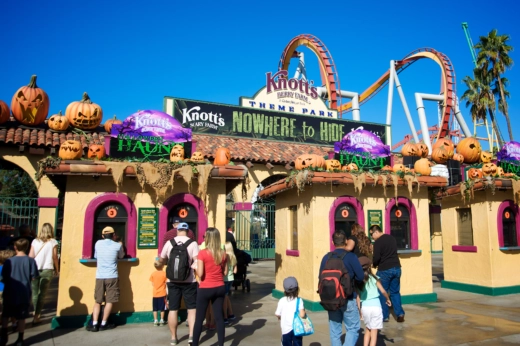
A haunted attraction that was as soon as a farm. (Pictures from Shutterstock)
The advantages of haunted homes
Though haunted homes existed in some type or one other lengthy earlier than this, historian David Skal argues that the recognition of haunted homes usually grew considerably after Disney opened the Haunted Mansion attraction in 1969.
As we wrote just a few years again, Halloween is a vacation with deep agricultural roots. It marks each the tip of the harvest season and a time of 12 months when the connection to the spirit world is the strongest. Opening haunted homes on farms is a pure extension of this connection.
Maybe due to the associations between Halloween and agriculture, many farms have had success introducing haunted farm sights into their enterprise. In accordance with the USDA, between 2002 and 2017, agritourism income greater than tripled. This determine represents greater than Halloween sights, however the fall season is an enormous draw for lots of farms.
Kevin McCall, managing associate of McCall’s Pumpkin Patch in Moriarty, New Mexico, says that including haunted sights to the farm’s choices has been a useful income. The farm began by introducing a haunted hayride, however “it’s arduous to hang-out on a hayride,” he says. Then it added a haunted corn maze with about 50 actors and props. Within the 2000s, the farm transformed its cattle barn right into a haunted barn attraction. It’s woven all along with the fictional narrative of a farmer who, in response to an interstate being constructed by the farm, begins slaughtering vacationers.
McCall’s Pumpkin Patch attracts guests from Albuquerque and Santa Fe, and this season, it bought out. This showcases the numerous profit that Halloween haunts can have for farms—McCall says the enterprise it will get from haunting permits extra freedom and safety with the agricultural aspect of the enterprise.
“It’s allowed us to be a really totally different sort of farmer,” says McCall.
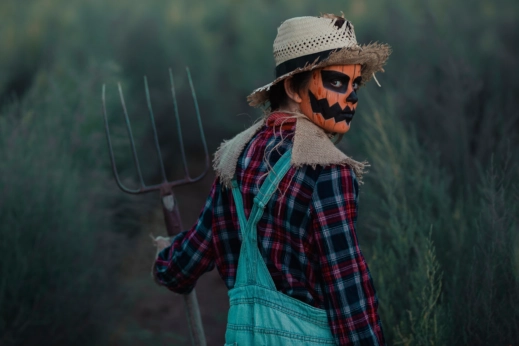
An individual dressed up for Halloween on the farm. (Pictures from Shutterstock)
The way forward for haunted farm sights
In Rural Remix’s new podcast, “The Rural Horror Image Present,” hosts Susannah Broun and Anya Petrone Slepyan speak about basic movies within the people horror style and the way depictions in horror movies similar to “Deliverance” and “The Hills Have Eyes” painting rural areas as scary locations the place horrors are born. They level out that this narrative has previous roots in fashionable tradition.
Relating to the way forward for haunted home sights on farms, Aquino concludes that these haunts are an area of evolving rural id.
As a style, she says, horror has the power to critique and interrogate many establishments and concepts. Rural communities are additionally able to difficult the established order—by issues similar to unions and initiatives such because the Black Appalachian Coalition, which works to combat the erasure of Black individuals from narratives about Appalachia. Rural haunts could be a area to query tropes about rurality.
“I hope that there’s a return to radical roots in rural areas,” says Aquino, “and that we proceed to see extra variety within the narratives and the individuals working at these locations.”
Halloween and agriculture have at all times been linked, and seasonal haunts give us the chance to know that connection in as we speak’s context.
[ad_2]
Source link
